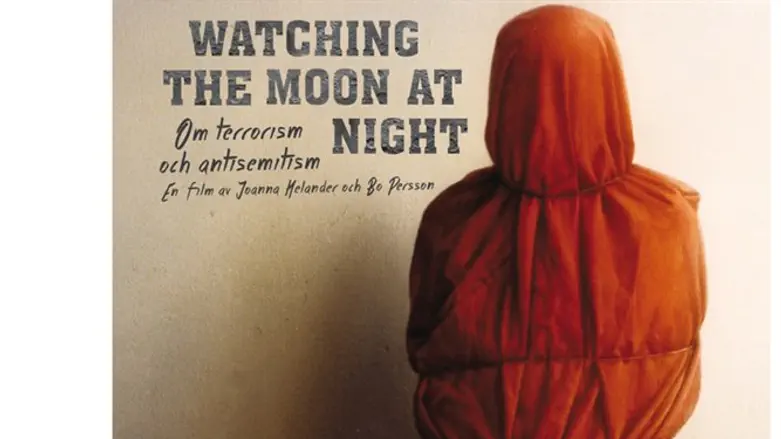
A documentary about terror, especially if you have come perilously close to experiencing it in your own life or have lost people you love to it, as I have, can have you biting your lips, pressing your hand against your mouth or shutting your eyes to avoid horrific sights. None of those reactions are applicable to "Watching the Moon at Night: On terrorism and anti-Semitism," a film which instead, has you wiping unexpected tears of empathy from your eyes, feeling your heart break or taking deep breaths to overcome the despair brought on by thiinking too much about the state of the human race.
This unforgettable movie is not out to show you gory details of terror attacks, although, of course, it cannot avoid them completely. The film is meant to make you think, to stay with you after you leave the theater. And it does.
"Watching the Moon at Night" is filled with ordinary people, not terrorists, people whose world has alternated for years between shock and resignation at the senselessness, the uselessness, of what befell them on what should have been an ordinary day. Swedish filmmakers Bo Persson and Joanna Helander have, with great sensitivity, given those bereft by terror the opportunity to describe the indescribable, and the effect is much more powerful than scenes of actual terrorist attacks.

Unadorned narratives of loss and the geographic range in which it has been experienced, the cultural diversity the speakers display contrasted with the commonality of their sadness, make for a gripping way to expose the spreading scourge of terror permeating the period in which we live and the political attempts to justify it. For me, a neighbor of sunny Malki Roth whose Australian-born father Arnold speaks in the film, his words about the feeling of isolation since her murder in Jerusalem's Sbarro pizzeria at the age of 15, were particularly devastating.
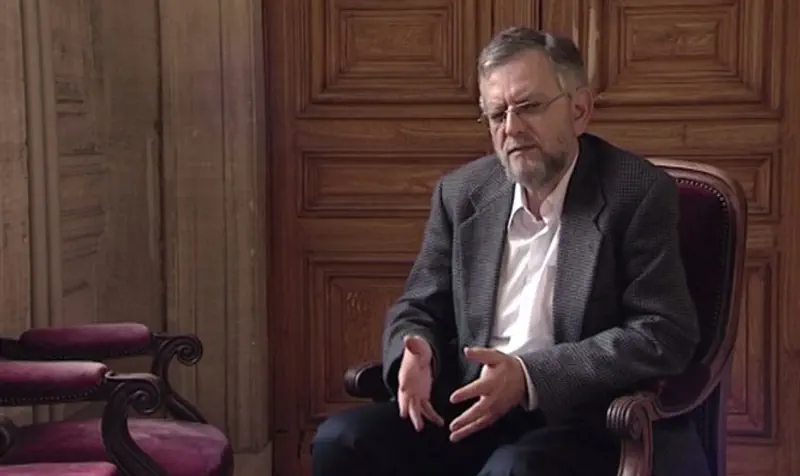
Carefully placed remarks of philosophers, psychologists, lawyers, writers and academics, among them Walter Laqueur, André Glucksmann and the late Robert Wistrich, shed individual fragments of light on the unfathomable wiliingness of terrorists to inflict meaningless tragedy. They are pauses in the stories told by those whose brothers, fathers, chidlren, acquaintances were killed in terror attacks in Bali, Chechnya, France, Israel, Munich and other parts of the globe.
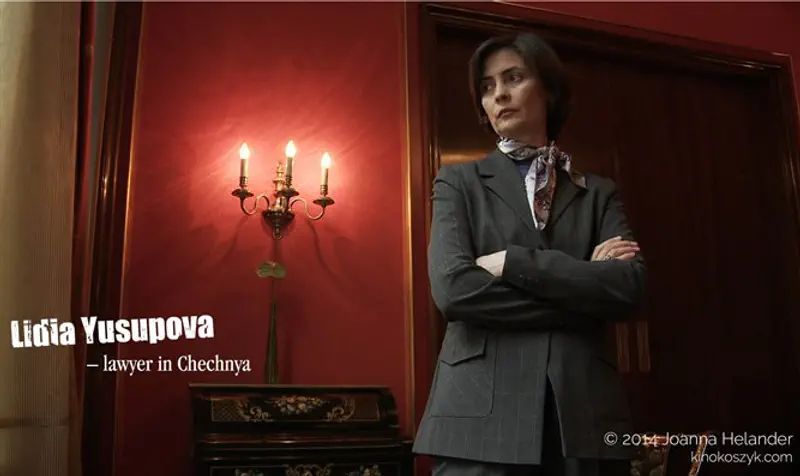
Anti-Semitism, "old as the hills," in Laqueur's words, is an integral part of the film, shown here to be an integral part of terror and radical Islam as well. The film draws an indelible line connecting Nazi Germany's Jewish victims to Iran's murderous threats and repetition of malevolent, non-existent Jewish conspiracies.
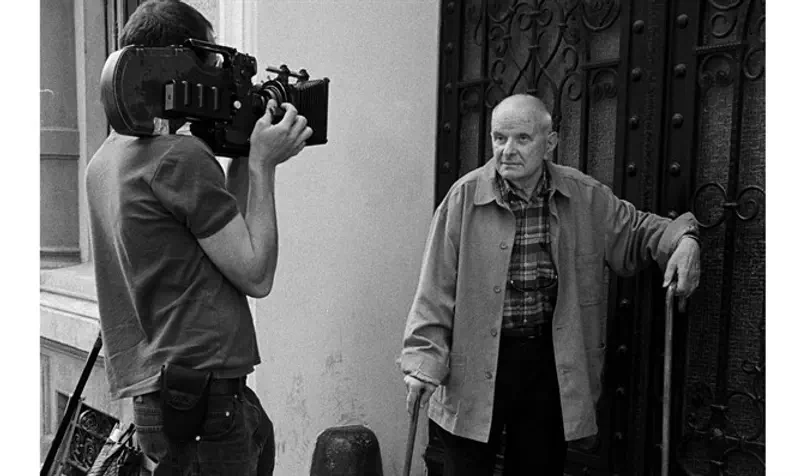
To my mind, however, what develops unconsciously as the film continues is a realization of the deep and unbridgeable chasm between two kinds of beings, the unbelievable gap between those who destroy indiscriminately and those who love.
The movie is almost lyrical in some parts and beautifully filmed – after all, this world is very beautiful and cinematography can make it seem even more so - but the beauty only adds to the feeling that it is impossible to believe that people who have lost their loved ones through terrorist attacks occupy the same universe as the evil people who intentionally set out to destroy human life and happiness.

Think about it. It makes no sense.
Insanity is a state of mind in which things don't make sense. And at unexpected points in the film, its creators suddenly intersperse dark, threatening moments with scenes of large, circling carousels and careening wheels, whirling scarves and demonic figures staring at viewers from the revolving bases on which they stand. It is the vision of an insane hell, an evil inferno, madness making the world go round, scarves covering truth, blurred vision, darkness, dizziness, endless repetition. It makes no sense, but then neither does an insane world peopled with agents of terror, those who send them, those who pretend they don't exist and those whose broken lives prove that they do.

Famed historian Walter Laqueur, a "witness of our time who left Germany in November 1938," and with whom he carried on a "twenty-year dialogue" was the inspiration for the film, says film maker Bo Persson, who together with Joanna Helander has made a series of award winning documentary films screened in theatres and on TV in several countries.
Persson and Helander's last film before "Watching the Moon at Night" was "Waltz with Milosz," about the Polish poet, prose writer and Nobel Prize Laureate for Literature, Czeslaw Milosz, recognized as a Righteous Gentile by Yad Vashem .Milosz defected to the US from Communist-ruled Poland and returned after its fall, becoming a good friend of Persson.
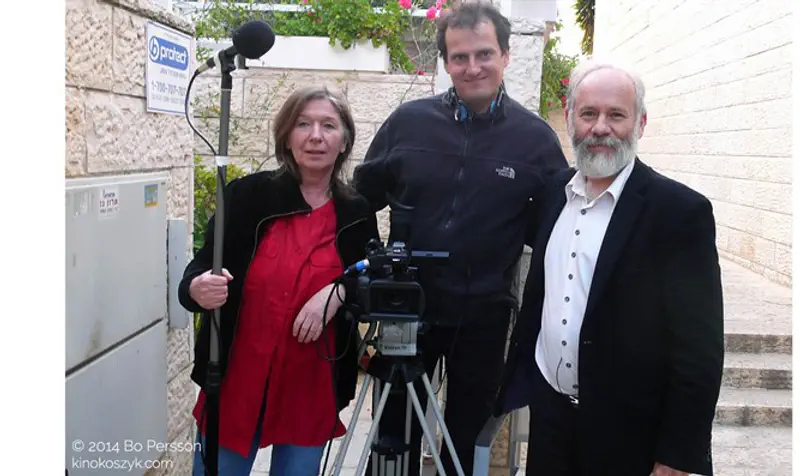
Bo Persson attended this week's screening at the Jerusalem Cinemateque - packed despite the lack of Hebrew subtitles, which he promised were in progress - and another in Tel Aviv.
Later, he spoke to Arutz Sheva, saying:. "It took five years to complete the documentary, which confronts the pervasive denial of much of the European intellectual community. Swedish TV, which has a history of anti-Israel prejudice, refused to air it, just as the German television network ARTE dropped a film it commissioned about anti-Semitism in Europe because it was pro-Israeli.
"The Swedish and European Parliament did view it, and it was screened near Stockholm on Auschwitz Liberation Day despite pressure to cancel. Twelve countries have viewed the film so far," Persson continued. He hopes it will be shown to students on a regular basis and on TV in Europe.
The film was screened in the US at the Center for Jewish History in New York and at the Newseum in Washington DC to which it was invited by Walter Reich, former director of the US Holocaust Museum In London the film was screened at the Wiener Library. More screenings are possible in both countries on request (contact for organizing screenings: [email protected]) and the same for other English speaking countries. It has received many excellent reviews from movie critics, well known figures and experts on terror.
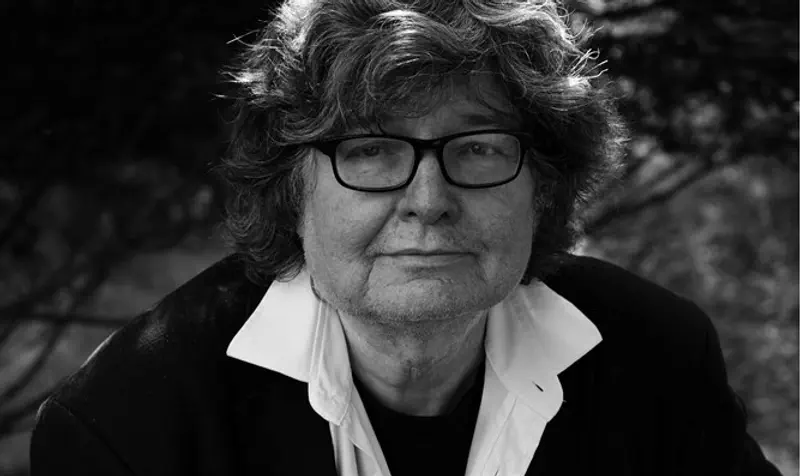
What are the reasons for the objections to the film?
"It is much easier to lie about there being no civilian victims of Hamas and Fatah, and even easier to compare Israeli Jews to Nazis so as to assuage German guilt. Frequently, if not always, there is an anti-Semitic component in contemporary terrorism."
"The truth is hard to hear."
How was the film produced?
"The film was shot in many countries and in several languages For a film like this it is very important to have a highly professional and sensitive team. I was privileged to work with some very excellent cameramen and editors and on top of that the poet Wislawa Szymborska contributed some of her poems to the film. "
What happened in Sweden and what is happening now?
"The film was produced by our company Kino Koszyk with support from the Swedish Film Institute and the regional film fund, Film i Väst. From the start SVT, the Swedish Public Television, was also a co-producer of the film. Out of the blue a man at SVT suddenly took over the contact with us. From the very beginning he was very aggressive and - contrary to the rules of SVT - tried to influence the shape and the content of the film. He did not hide that he thought we should say that the US and Israel were as much aggressors as the terrorists. For us, obviously, it was out of the question that he should dictate anything. A consequence was that when the film was ready the SVT refused to screen it. Now 1500 people, not only from Sweden but from many countries, have signed a petition to the CEO of Swedish TV asking that the station screen the film."
Can the world fight today's terror effectively? Or do we have to live with it?
"The shape and form of terrorism changes over time and depends on political and cultural circumstances, it mutates..
"A key question is the geo-political one. How do we deal with the political superpowers who manufacture, finance, arm and manipulate terrorist groups?
"The weapons of the terrorist have become more lethal and the targets weaker. Another question is if and when terrorist groups will have access to weapons of mass destruction. Nuclear, chemical, biological. Not only political leaders but also media in Europe have a huge responsibility to be honest and not engage in denial about the threats ahead. "